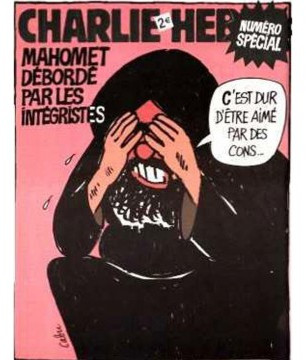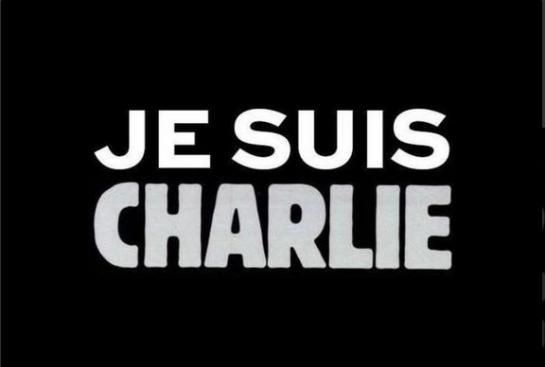Presidential pronouns: This time it's Ron Fournier
Ron Fournier, "Is Obama More Interested in Progress or Politics?", National Journal, 1/20/2015:
Count how many times Obama uses the words "I," "me," and "my." Compare that number to how often he says, "You," "we," "our." If the first number is greater than the second, Obama has failed.
This leads naturally to a different question: "Is Ron Fournier More Interested in Analysis or in Bullshit?" (where I mean "bullshit" in the technical philosophical sense, of course).
Read the rest of this entry »

 Should publishing a cartoon representation of the prophet Mohammed be punishable by death?
Should publishing a cartoon representation of the prophet Mohammed be punishable by death? 